
The Brain’s Way of Healing
The Brain’s Way of Healing describes natural, noninvasive avenues into the brain provided by the energy around us—in light, sound, vibration, and movement—that can awaken the brain’s own...

The Brain’s Way of Healing describes natural, noninvasive avenues into the brain provided by the energy around us—in light, sound, vibration, and movement—that can awaken the brain’s own...

The article by Cross et al. entitled “Case Report: PANDAS and Persistent Lyme disease with Neuropsychiatric Symptoms: Treatment, Resolution and Recovery” was published in Frontiers in Psychiatry....

Virtual Voices for Mental Health program 2021 ASPIRE is again partnering with IOCDF on Virtual Voices for Mental Health program in which we call on our community to contact their...
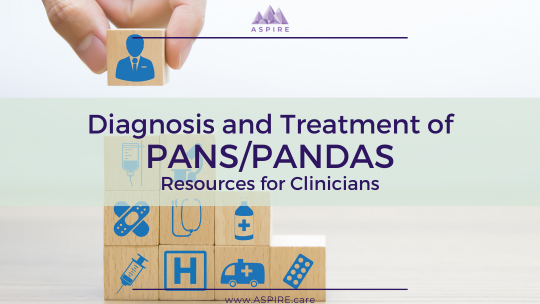
ASPIRE PANS PANDAS Current Resources for General Pediatricians. Share directly from this page or download it to email or print. Or contact us if you would like us to directly email your doctor or...
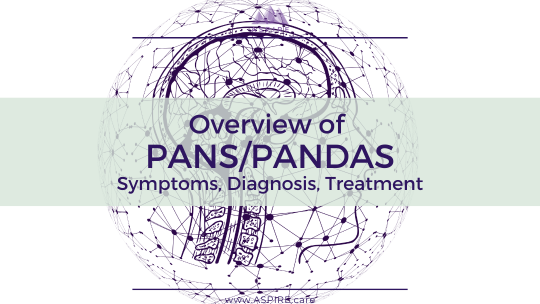
Overview – of PANS/PANDAS Symptoms, Diagnosis, and Treatment. For more in-depth information, please see the www.aspire.care website directly. Share directly from this page or download it to email...
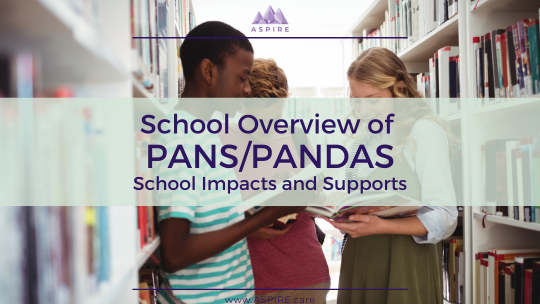
PANS PANDAS in the School Setting Toolkit Information at your fingertips Click the button below to download the twenty-page toolkit that provides information on School Impacts and Supports for PANS...
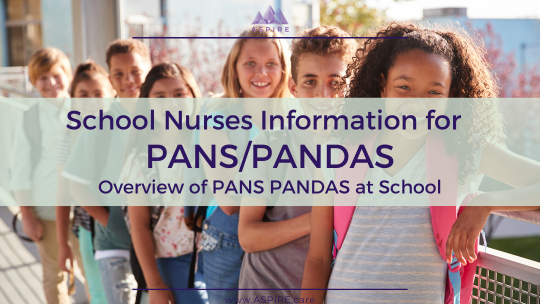
School Nurses play an integral role in the health of students. School nurses support students and student health every day of the year. Children with PANS/PANDAS have complex physical and mental...
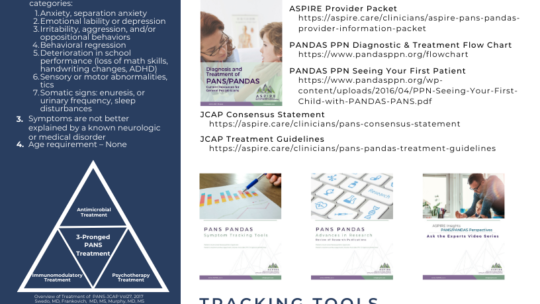
There are invaluable resources to help clinicians learn how to recognize PANS PANDAS symptoms, do a workup to inform a possible diagnosis, and create a treatment plan. ASPIRE has assembled this...
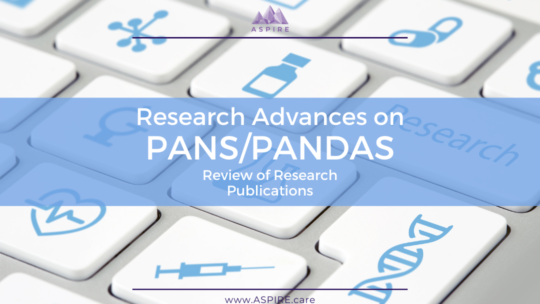
The ASPIRE information packet on Advances in Research divides the research into sections in order to make it easy to review current research on a specific topic: JCAP diagnostic and treatment...

About Assessments Child Find: The Individuals with Disabilities Education Improvement Act (IDEA ’04) requires states to develop a system for identifying, locating, and evaluating all children...

PANS & Eating Restrictions This section on Restrictive Eatings at School is part of a larger section on Restrictive Eating seen in PANS PANDAS. Make sure to read the entire...